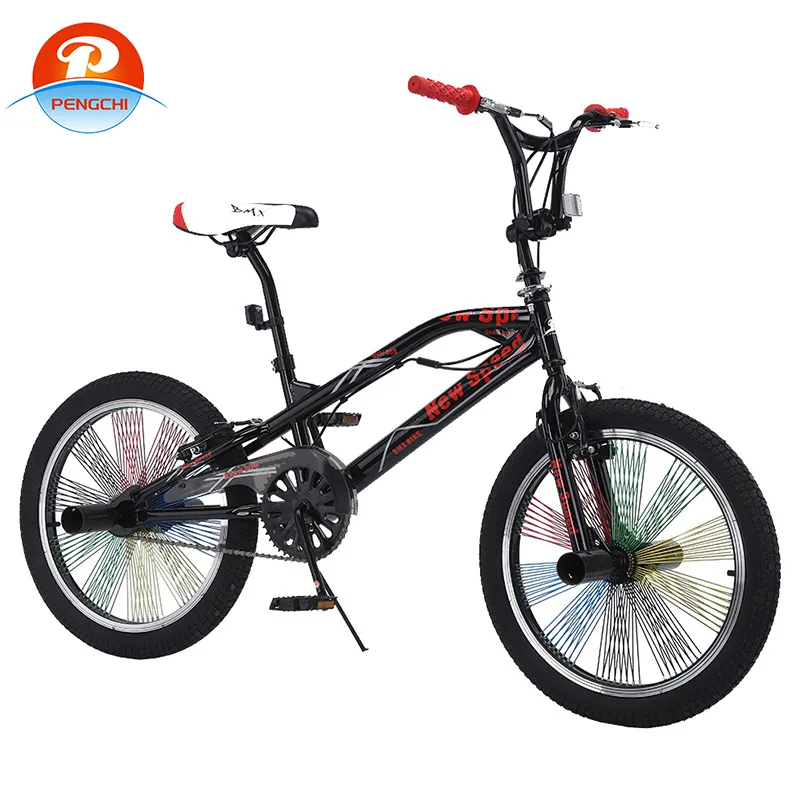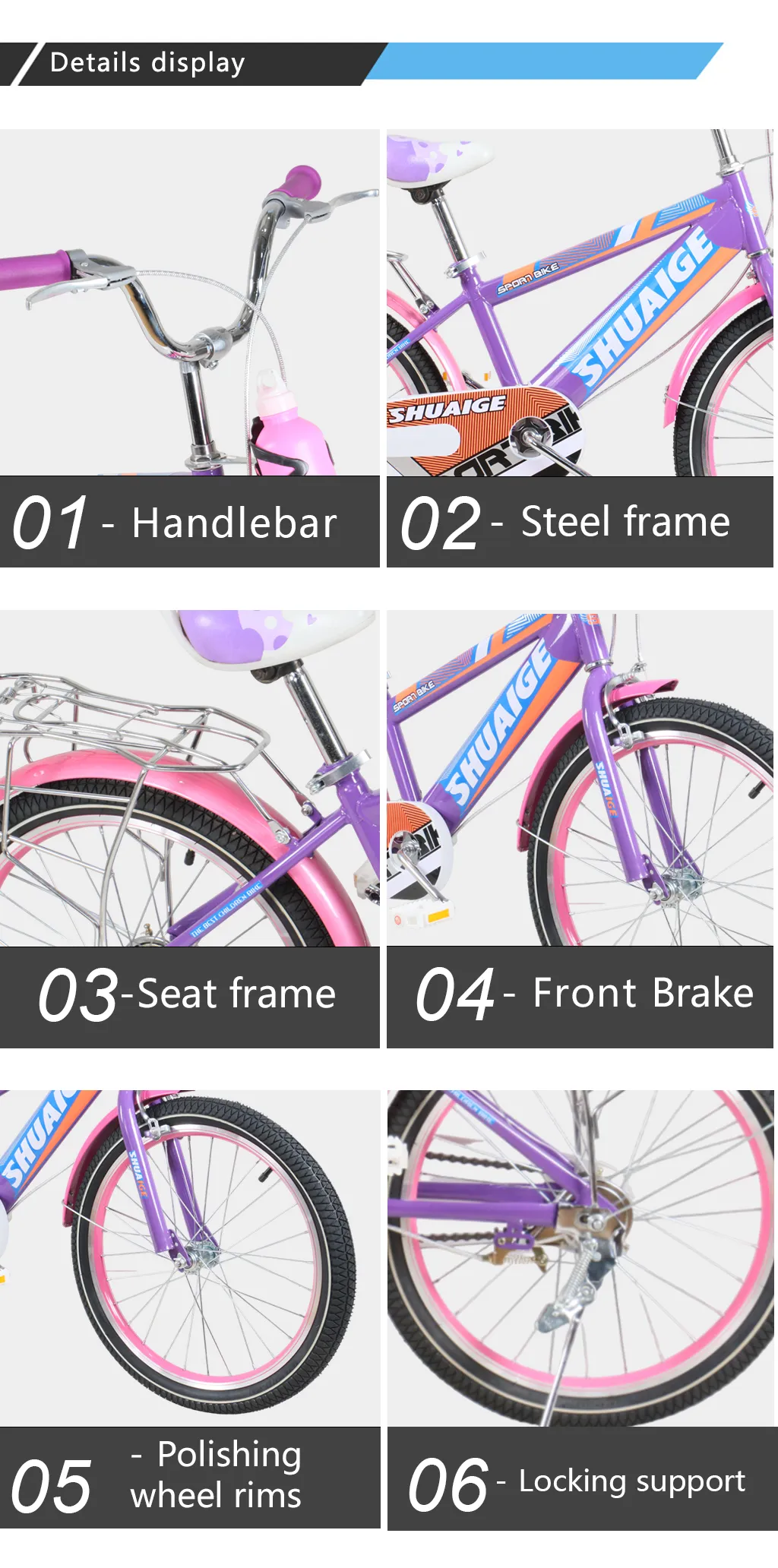2 月 . 14, 2025 08:30 Back to list
kids downhill mountain bike
Children entering the exhilarating world of downhill mountain biking offers them a unique blend of adventure, skill-building, and confidence-growing experiences. This sport, while seemingly extreme, provides an excellent opportunity for young adventurers to cultivate resilience and learn the value of perseverance. As parents, understanding the essentials of kids' downhill mountain biking can aid in providing a safe and enjoyable experience for budding enthusiasts.
Supporting children in building their physical fitness will improve their biking experience. Since downhill mountain biking can be physically demanding, activities like running, swimming, or cycling can enhance cardiovascular endurance and muscle strength. Encouraging regular exercise improves stamina and agility and makes the biking experience more enjoyable and less exhausting. Community engagement is a fantastic way for kids to immerse themselves in the sport. Many regions boast vibrant biking communities offering group rides or clubs specifically for young riders. These groups are excellent for kids to find companions who share their enthusiasm, providing a supportive network that can inspire and motivate them. Parent involvement in these communities cannot be understated, as it builds a shared environment of learning and encouragement. Lastly, fostering a love for the environment often goes hand in hand with mountain biking. Teaching children to respect nature — including minimizing trail impact and appreciating wildlife — instills values that transcend the sport. Understanding environmental stewardship not only preserves the trails for future riders but also builds a deeper connection with the natural world. In conclusion, kids' downhill mountain biking isn't just about the thrill of descent; it's an enriching experience that blends skill, fitness, respect, and fun. Providing the proper equipment and training, engaging with the community, and nurturing a respect for nature are pivotal to cultivating a safe and enjoyable experience for young bikers. With these principles, children can fully embrace the exhilarating sport of downhill mountain biking, and parents can rest assured that they're fostering a lifelong passion in a secure and supportive way.


Supporting children in building their physical fitness will improve their biking experience. Since downhill mountain biking can be physically demanding, activities like running, swimming, or cycling can enhance cardiovascular endurance and muscle strength. Encouraging regular exercise improves stamina and agility and makes the biking experience more enjoyable and less exhausting. Community engagement is a fantastic way for kids to immerse themselves in the sport. Many regions boast vibrant biking communities offering group rides or clubs specifically for young riders. These groups are excellent for kids to find companions who share their enthusiasm, providing a supportive network that can inspire and motivate them. Parent involvement in these communities cannot be understated, as it builds a shared environment of learning and encouragement. Lastly, fostering a love for the environment often goes hand in hand with mountain biking. Teaching children to respect nature — including minimizing trail impact and appreciating wildlife — instills values that transcend the sport. Understanding environmental stewardship not only preserves the trails for future riders but also builds a deeper connection with the natural world. In conclusion, kids' downhill mountain biking isn't just about the thrill of descent; it's an enriching experience that blends skill, fitness, respect, and fun. Providing the proper equipment and training, engaging with the community, and nurturing a respect for nature are pivotal to cultivating a safe and enjoyable experience for young bikers. With these principles, children can fully embrace the exhilarating sport of downhill mountain biking, and parents can rest assured that they're fostering a lifelong passion in a secure and supportive way.
Previous:
Next:
Latest news
-
Toy Car with Parental Remote - Safe Electric Ride-On Car with Parental Control
NewsJun.10,2025
-
Cheap Bikes for Students - Affordable & Durable Student Bicycles Online
NewsJun.10,2025
-
Children Balance Bike Lightweight & Adjustable OEM Designs
NewsMay.30,2025
-
Junior BMX Race Bikes Lightweight, Durable & Speed-Optimized
NewsMay.30,2025
-
21-Speed Foldable Gear Cycle Compact & Portable Commuter Bike
NewsMay.30,2025
-
Affordable & Durable Bikes for Students Campus Commutes Made Easy
NewsMay.29,2025



